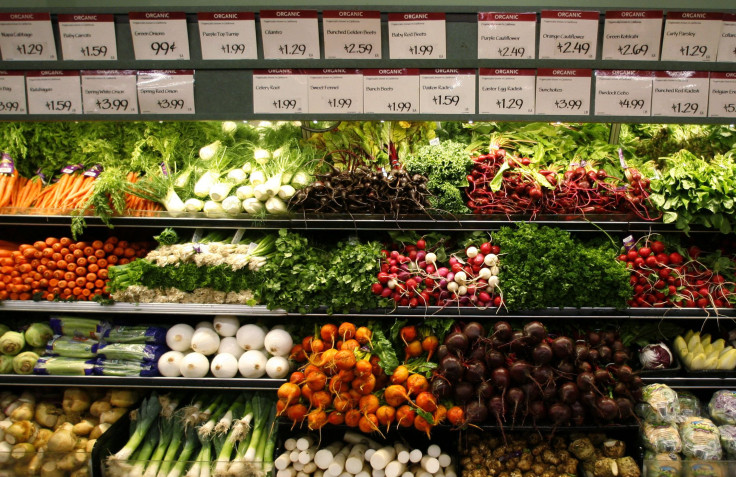Whole Foods Market Launches Produce Rating System

Whole Foods Market began rating fruits, vegetables and flowers on Wednesday to keep its shoppers more informed about the sociopolitical issues attached to the products they consume. The “Responsibly Grown” program, which suppliers opt into, rates produce and flowers as good, better or best based on metrics such as farmworker welfare, pest management, enhancing soil health, sourcing renewable energy and water conservation -- the rating system also prohibits hazardous neurotoxins used in some pesticides.
“After three years of research and planning, Responsibly Grown is the result of our collaboration with suppliers, scientists and issue experts to continue our strong commitment to organic, while embracing additional important topics and growing practices in agriculture today,” Matt Rogers, global produce coordinator at Whole Foods Market, said in a statement.
About half the market’s produce in 98 percent of Whole Foods’ 399 U.S. stores will carry Responsibly Grown labels.
The company leads in the upscale grocer industry, growing its share of the natural and organic market from an estimated 17 percent in 2005 to 24 percent in 2013, according to Morgan Stanley analyst Vincent Sinisi.
But Whole Foods' stock has fallen more than 30 percent this year as sales have come in under target. Whole Foods has a reputation of higher prices, causing some shoppers to dub the store “whole paycheck.” Meanwhile, other grocers such as Walmart and Trader Joe’s have pushed into the organic foods niche with lower prices.
Trader Joe’s now sells twice as much as Whole Foods in revenue per square foot and plans to open 38 stores next year, according to a report last month by investment firm JLL. In April, Walmart began upping its organic foods marketing, and last month, the chain announced plans to curb the environmental impact of the food it sells and to inform shoppers more about how the food is made and where.
© Copyright IBTimes 2025. All rights reserved.






















